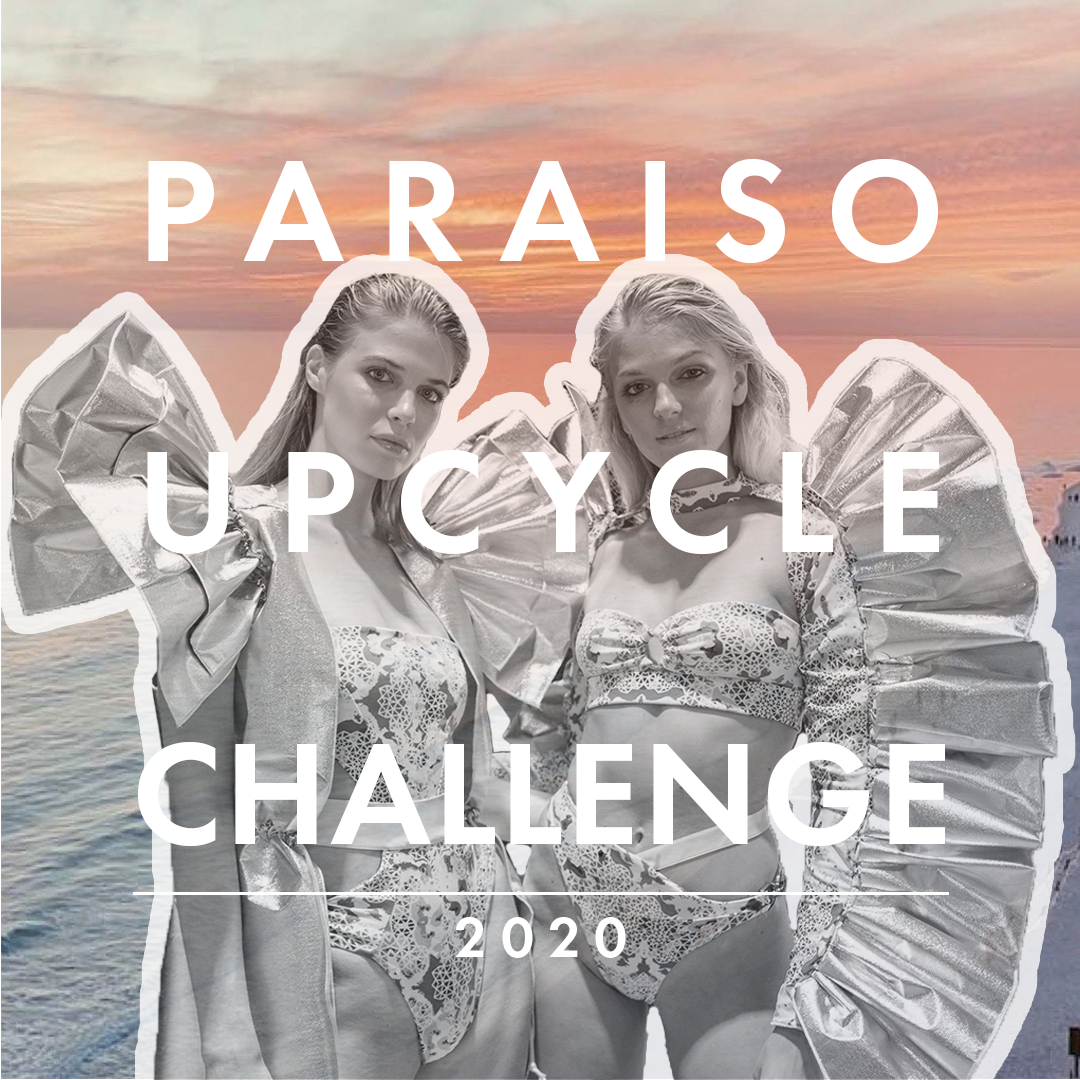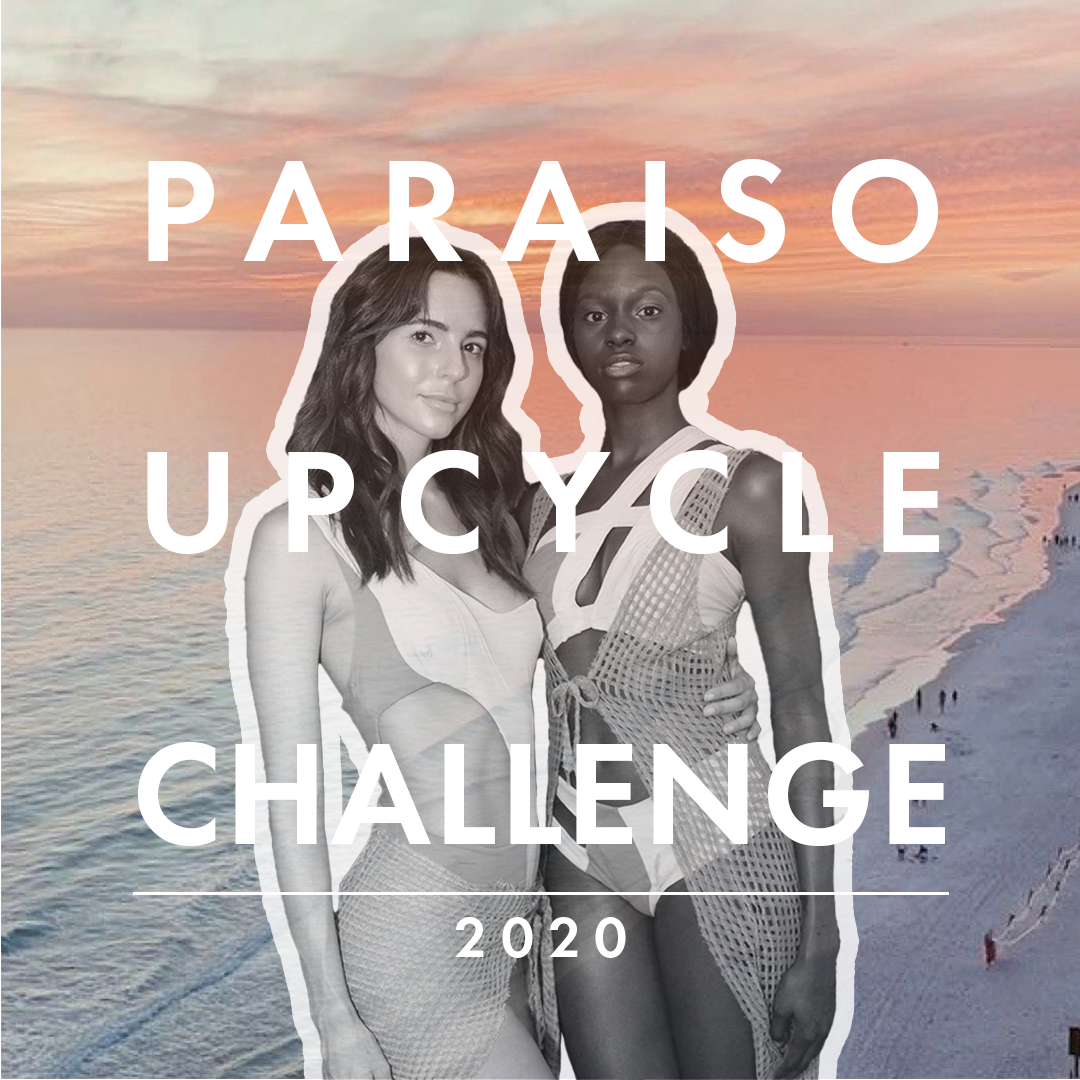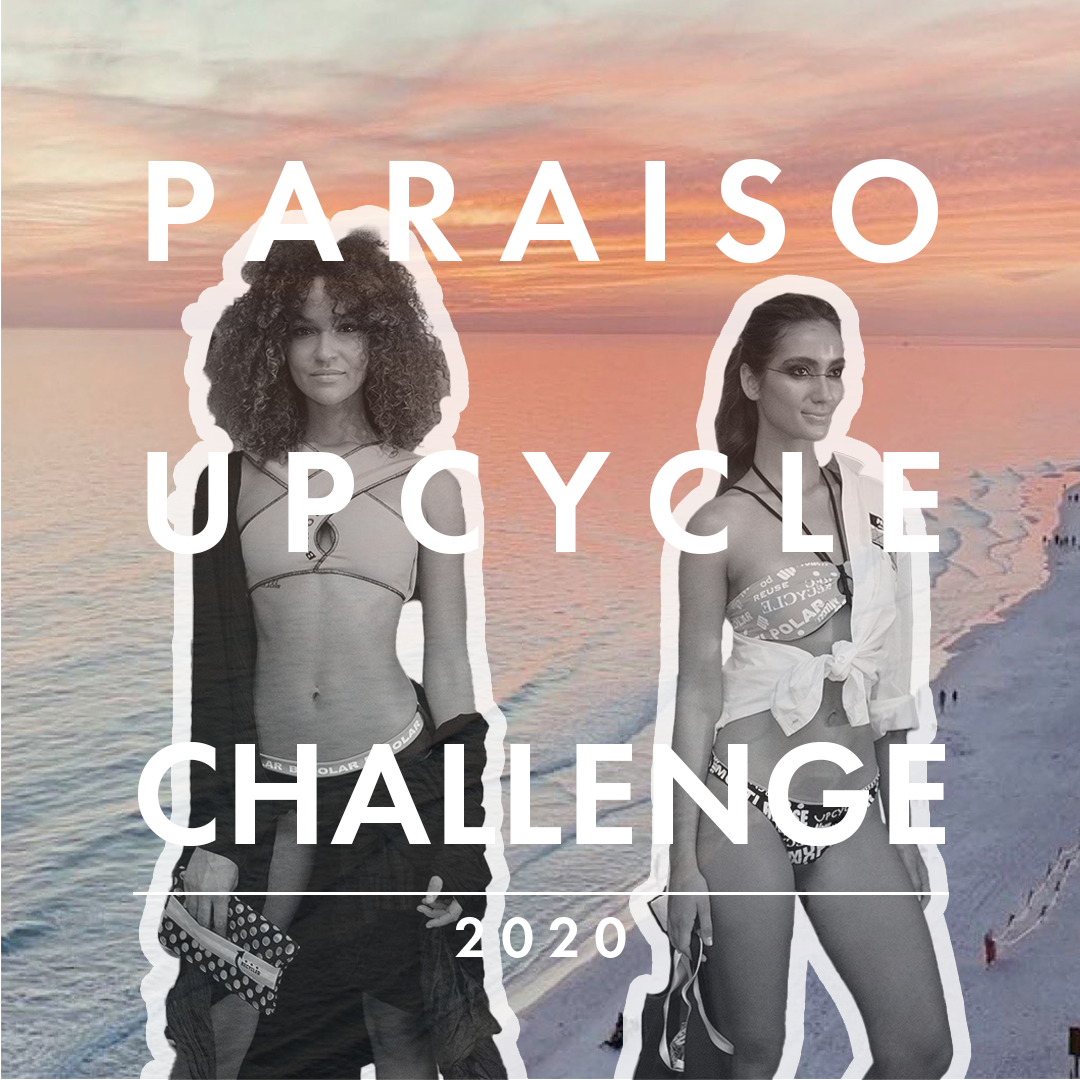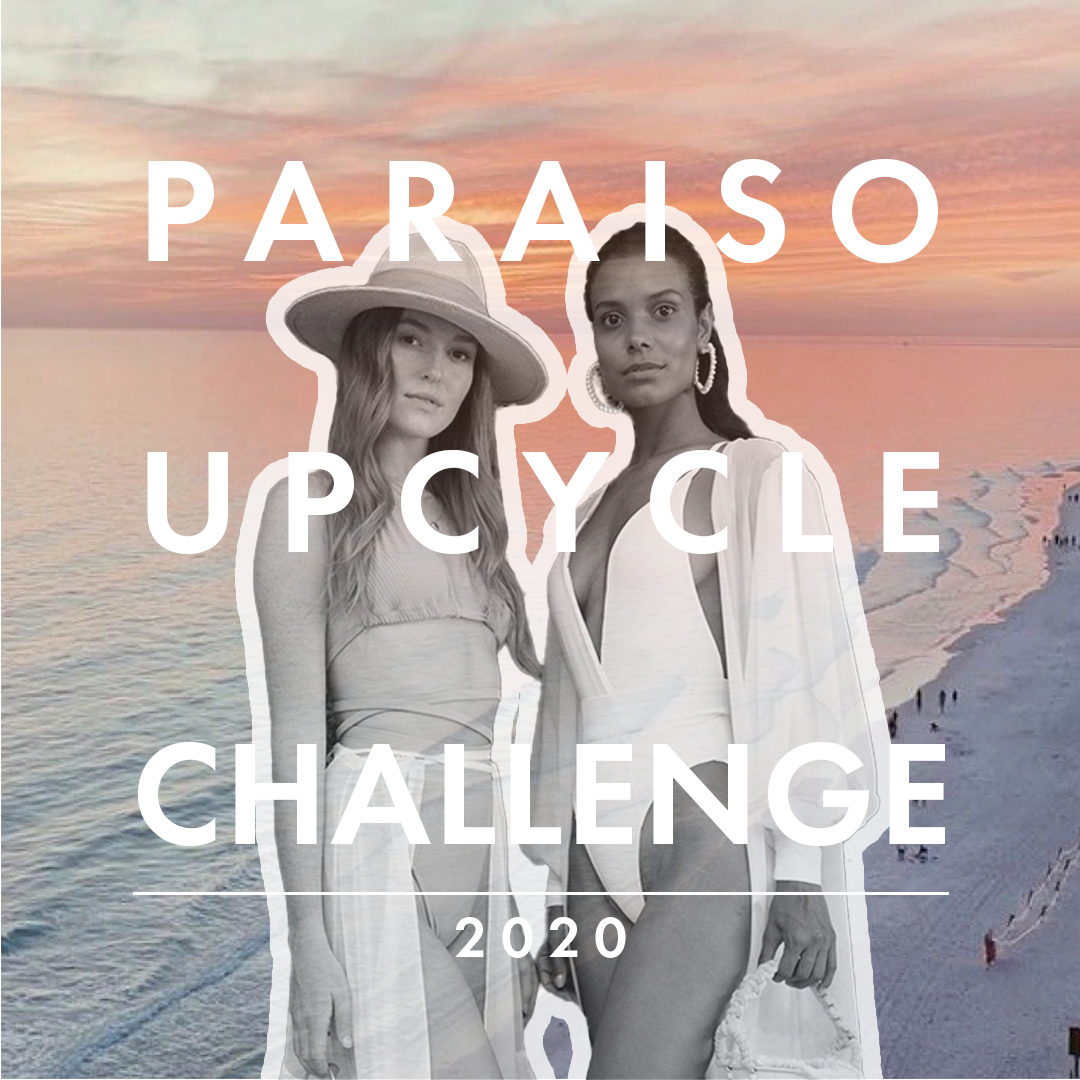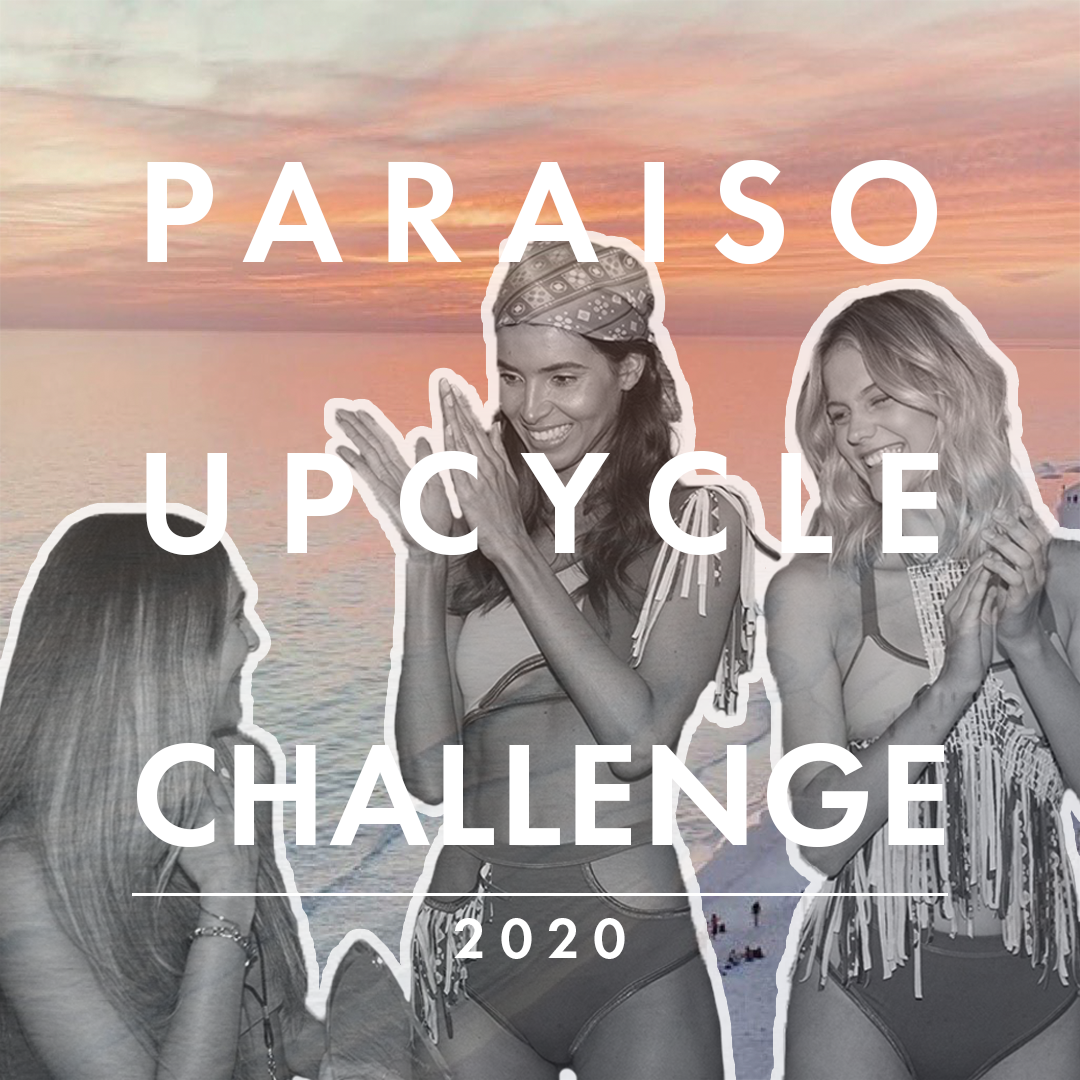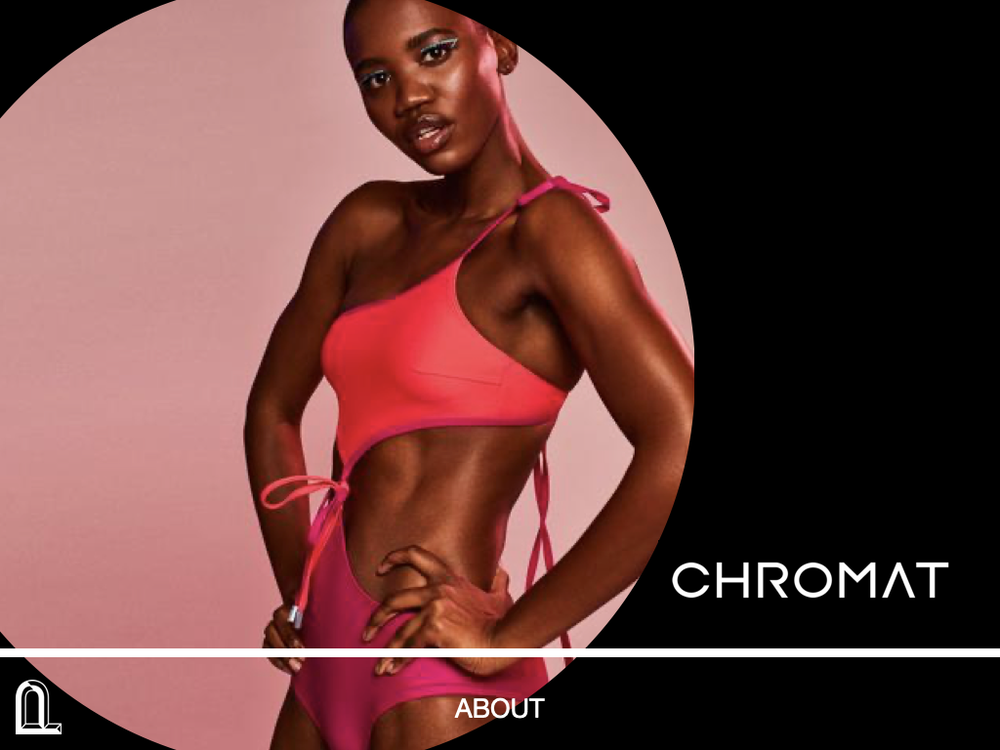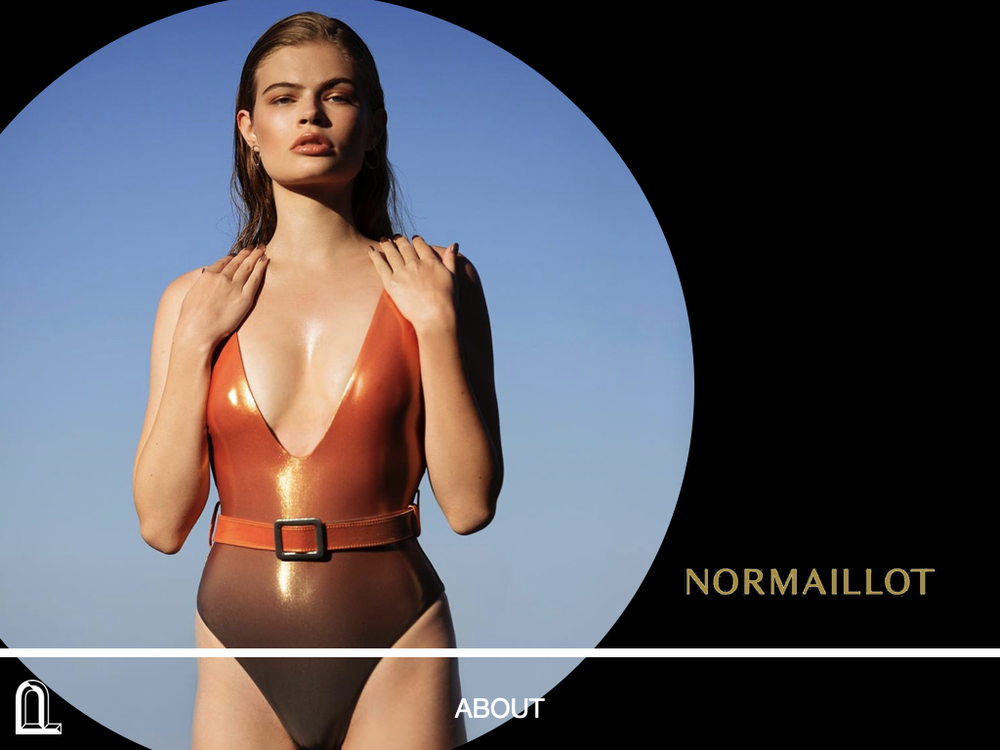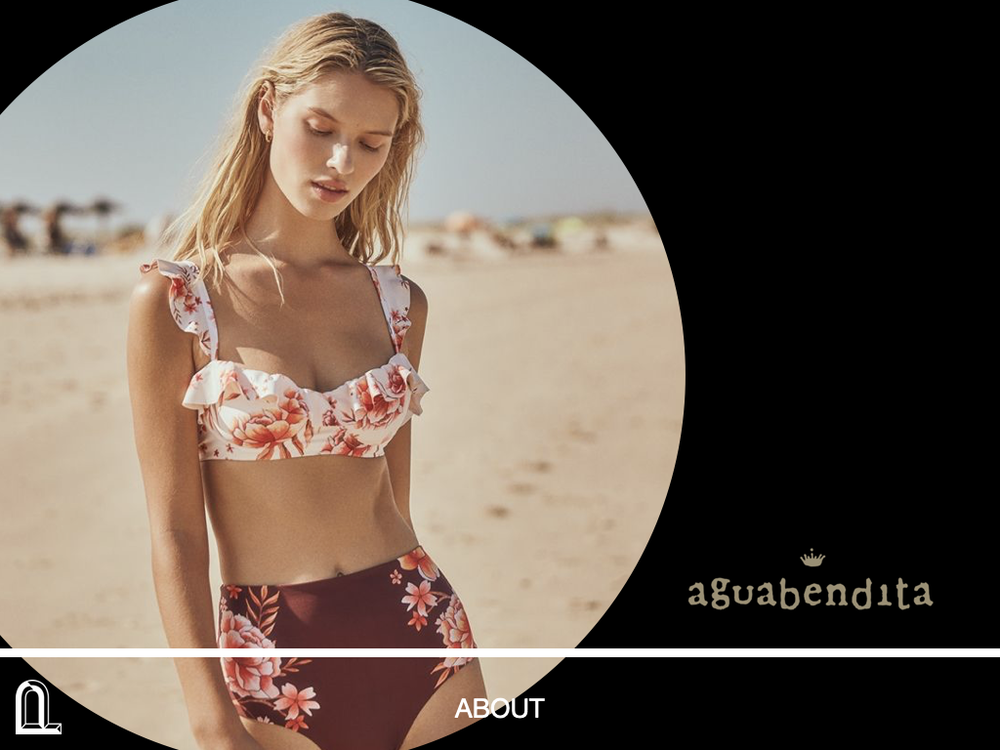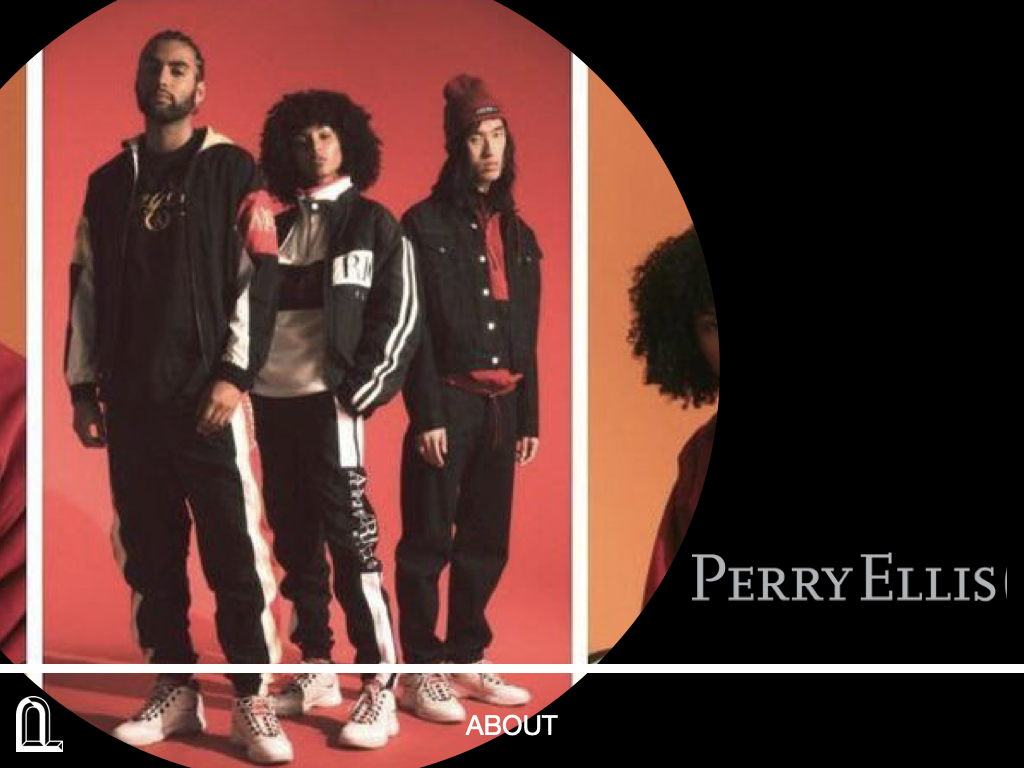The PARAISO UpcCycle Challenge: Teaching The Future
2020 has been a provocateur, to say the least, of bringing matters of universal importance to the forefront. Our mindfulness and sensibilities have been decluttered of trends, hype, and other usual suspects.
Following the success of the inaugural edition, the PARAISO UpcCycle Challenge is back for a second chapter. Created to raise awareness on fashion sustainability by UpCycling dead stock fabrics from international swimwear designers, this year – the message is louder and clearer. The PARAISO Upcycle Challenge aims to teach design students that the purpose of their garments can go beyond the aesthetic and involve the wellbeing of the people and the planet.
The competition invites design students to create two pieces from donated dead-stock fabrics, for the opportunity to present at PARAISO, and win designer mentorships. The Application process consists of three rounds and only five students make to the third round to determine the winner.
“By collaborating with UpCycled Project to create PARAISO UpCycle Challenge we further our commitment to sustainability, using fashion to transform lives and create a more conscious future. Each year, I look forward to seeing how students, respond to being matched and mentored by some of the leading swimwear and resort wear designers. Through this mentorship program and contest, we encourage creative thinking and transformative solutions integral to a new way of working,” says co-founder and creative director of PARAISO Natalija Dedic Stojanovic.
Facts on utilizing deadstock fabrics:
• Textile mills and garments factories typically have vast amounts of left-over fabric, known as deadstock fabric or pre-consumer waste. These are rolls of fabric that are left after a garment production run, fabric that was dyed the wrong color, surplus fabric that is unsold, or discontinued by the textile mills or brand and left in storage.
• Utilizing deadstock fabric keeps textiles away from landfills and incinerators, responsible for added of CO2 emissions into the atmosphere that have a direct effect on climate change, as well as reduce added water pollution and environmental impact of producing virgin textiles.
• Nearly 20 percent of global wastewater is produced by the fashion industry, which also emits about ten percent of global carbon emissions - more than the emissions of all international flights and maritime shipping combined.
Sources include: Global Fashion Agenda & Boston Consulting group 2018; Frederiksholms Kanal 30-C 1220 Copenhagen Denmark; Secondary Materials and Recycled Textiles Association (SMART)
“At the Paraiso Upcycle Challenge we are looking to inspire fashion design students to source creatively by utilizing dead-stock fabrics from international designers in efforts to the minimize resource consumption of creating virgin fabrics, not only for the challenge, but throughout their design career; we believe that sustainability starts with the designer.” remarked Gabriella Smith, Founder of The Upcycle Project.
2020 STUDENT FINALISTS attend Miami International University of Art and Design
Chevia Roach mentored by Chromat
Susana Restrepo mentored by Agua Bendita
Raquel Zerbib mentored by Normaillot
Alejandro Barzaga mentored by Perry Ellis
Angelique Salcedo mentored by Charlie Holiday

